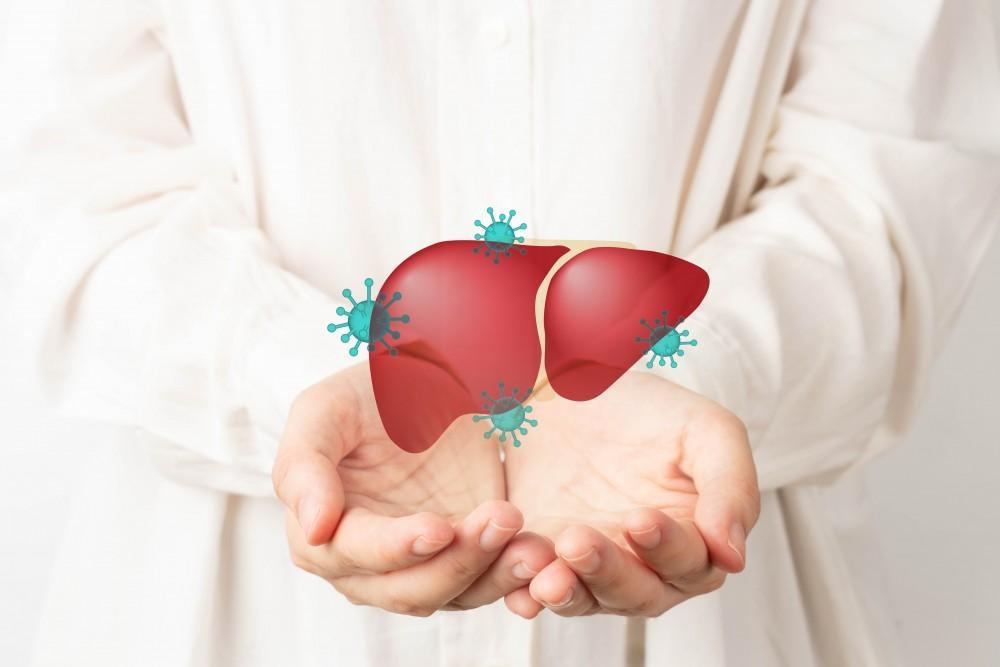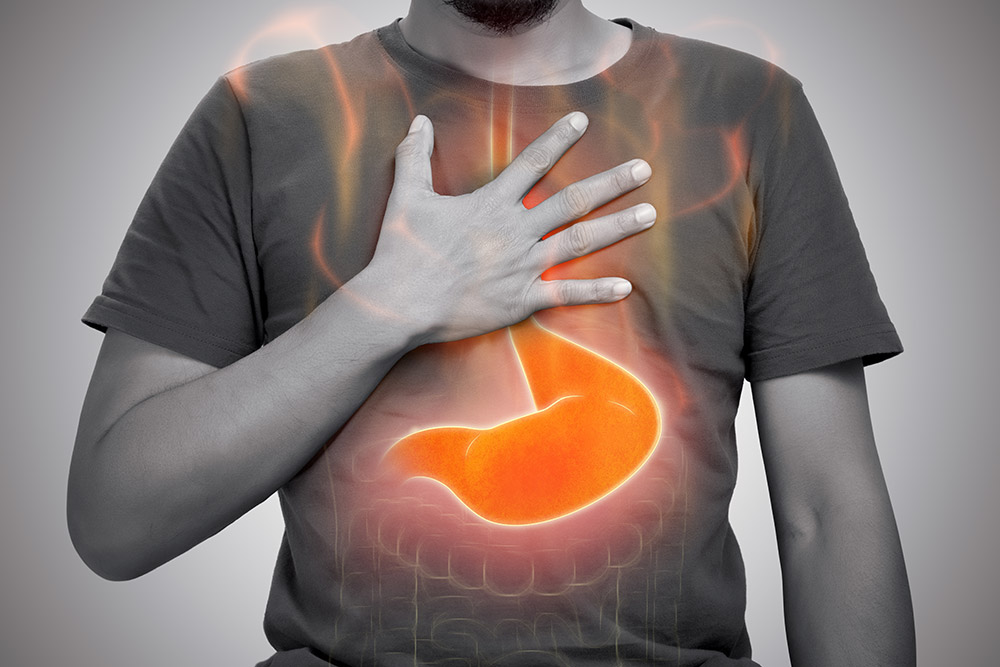Expert Treatment for Fat Loss by Dr. Bharat Pothuri
Dr. Pothuri uses a step-by-step approach:
Medical History and Physical Exam
He asks about the exact location, timing, intensity and quality of your epigastric pain, its relation to meals or medications, alcohol use, stress levels, and any associated symptoms such as nausea, bloating or weight change.
Laboratory Tests
- Complete blood count (CBC) to look for anemia or infection
- Liver function tests (AST, ALT, ALP, bilirubin) to rule out biliary causes
- Serum amylase and lipase to exclude pancreatitis
- H. pylori testing (urea breath test or stool antigen) to detect ulcer-forming bacteria
Imaging Studies
- Abdominal ultrasound to check for gallstones, bile duct dilation or fatty liver changes
- CT scan or MRI abdomen when more detailed views of the pancreas, biliary tree or other organs are needed
Endoscopic Evaluation
Upper endoscopy (EGD) to directly visualize the esophagus, stomach and duodenum for evidence of gastritis, peptic ulcers, reflux disease or mucosal lesions.
Advanced Testing (if needed)
Endoscopic ultrasound for subtle pancreatic or biliary pathology, gastric emptying study for suspected gastroparesis, or HIDA scan to assess gallbladder function and rule out biliary dyskinesia.

Frequently Asked Questions
What leads to unintended fat loss?
Illnesses, malabsorption, hyperthyroidism, cancer, or chronic infections can cause unplanned weight loss.
When is fat loss concerning?
Losing more than 5% of body weight in 6 months without effort requires evaluation.
How is the cause determined?
History, physical exam, lab tests, imaging, and possibly endoscopy or biopsy help identify the source.
What nutritional support helps?
High-calorie, protein-rich diets, supplements, and addressing the underlying disease.
Can exercise prevent muscle loss?
Yes-resistance training combined with adequate protein preserves muscle mass.












